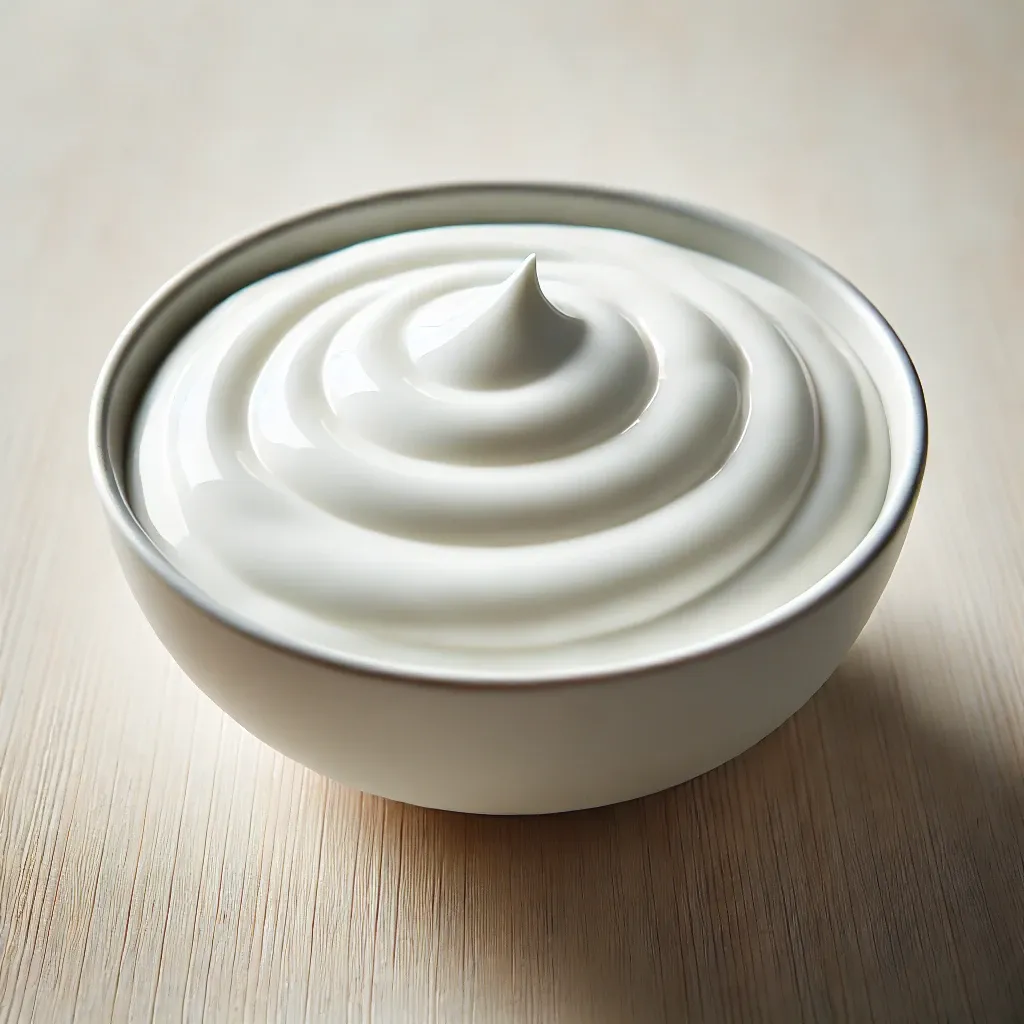Introduction
Gastroesophageal reflux disease (GERD) is a prevalent condition marked by the return of stomach contents into the esophagus, causing discomfort and potential long-term esophageal damage. Interest in alternative and supplementary treatments has been growing, particularly around the role of functional foods such as probiotics. This article explores how probiotics, as part of a management plan, can alleviate symptoms of GERD.
Understanding Gastroesophageal Reflux Disease and Its Challenges
GERD is more than occasional heartburn; it’s a chronic condition that can severely impact quality of life. Key symptoms include:
- Heartburn: A burning sensation behind the breastbone, often after eating.
- Regurgitation: The sensation of acid backing up into your throat or mouth.
- Chest pain: Occurs when stomach acid touches the lining of the esophagus.
Historical Uses
Historically, diet adjustments and natural remedies have been used to manage symptoms. Probiotics, which are beneficial bacteria, have been part of traditional dietary practices for their overall benefits to gut health.

How Probiotics Help with Gastroesophageal Reflux Disease
Probiotics may offer several benefits for managing GERD symptoms:
- Enhancing Gut Barrier Function: They can strengthen the gut lining, potentially reducing the risk of acid reflux.
Scientific Insight: Certain probiotics help in forming a barrier against stomach acid. - Balancing Stomach Acid Production: Some strains might help decrease stomach acid production.
Scientific Insight: Research suggests that specific probiotics reduce the production of stomach acid. - Improving Gut Motility: Effective movement through the stomach may prevent the likelihood of reflux.
Scientific Insight: Probiotics have been shown to speed up gut transit time.
Research Supporting Probiotics’ Efficacy
Clinical studies suggest that probiotics can be effective in reducing symptoms of GERD, including heartburn and regurgitation. While results are promising, more research is needed to conclusively determine the efficacy and mechanisms involved.
How to Use Probiotics for Gastroesophageal Reflux Disease
Selecting the Right Product
When choosing probiotics, look for products with specific strains known to benefit GERD, and opt for those with a high purity level and without harmful additives.
Dosage Guidelines
- Starting Dose: It’s advisable to begin with a low dose and gradually increase.
- Frequency: Typically taken once daily.
- Monitoring: Keep track of symptom changes and adjust the dosage as necessary.
Preparation Tips
Probiotics are available in various forms, including capsules, yogurts, and powders. Choose a form that suits your lifestyle and dietary preferences.
Precautions and Considerations
While probiotics are generally safe, they can cause side effects like minor digestive discomfort. It’s important to consider potential interactions with existing medications and to consult with a healthcare provider before starting any new supplement, especially for those with underlying health conditions.
Potential Side Effects
- Digestive Effects: Including gas or bloating.
- Allergic Reactions: Rare, but possible, especially for those with dairy sensitivities.
Interactions with Medications
- Blood Sugar Levels: Some probiotics can influence insulin resistance.
- Laxative Effects: They may alter gut motility, affecting medication absorption.
Incorporating Probiotics into a GERD Management Plan
Lifestyle Modifications
In addition to taking probiotics, lifestyle changes can significantly manage GERD symptoms.
- Dietary Changes: Avoid trigger foods like spicy and fatty foods.
- Eating Habits: Eating smaller, more frequent meals can help.
- Posture: Avoid lying down immediately after eating.
Probiotics offer a promising complementary approach to managing gastroesophageal reflux disease through their ability to impact gut health positively. As research evolves, the role of these functional foods in treating GERD could become clearer, providing those affected with more tools to manage their symptoms effectively.
For further details and studies, refer to this research article from Nutrients 2020 on the effectiveness of probiotics in managing GERD symptoms.
